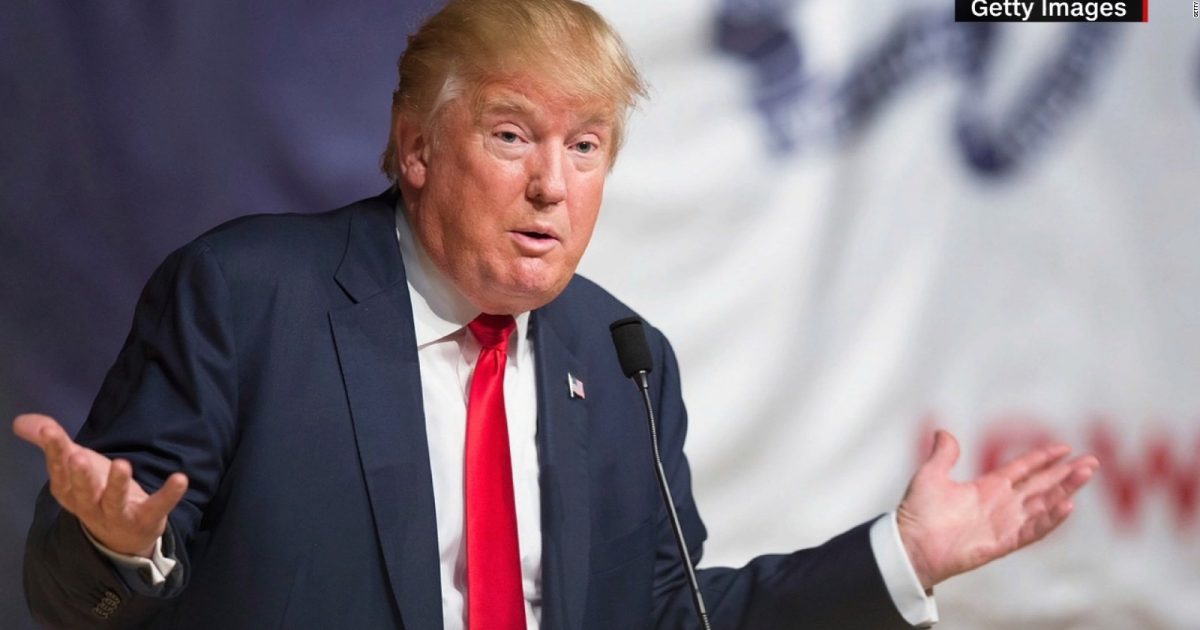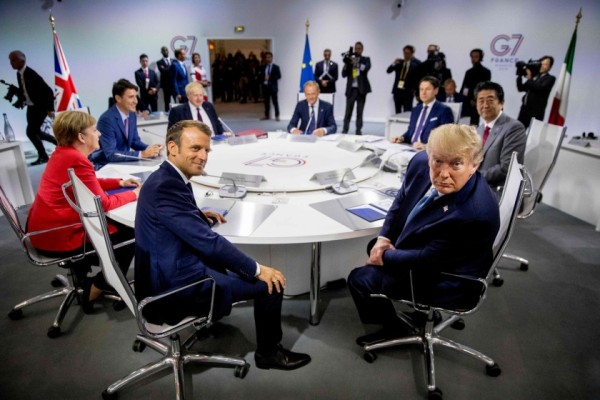The Trump administration plans to announce sanctions against China after determining that the country is encouraging the theft and transfer of intellectual property from US businesses, the BBC reports.
The White House said the actions come after years of talks about the issue that failed to produce change.
The actions are expected to include tariffs, as well as other measures.
China said it was ready to retaliate with “necessary measures”.
The White House is considering between $30bn and $60bn in tariffs as well as measures that would restrict investment, US media report.
The US may also seek to bring complaints to the World Trade Organization, trade officials say.
America’s top trade negotiator, Robert Lighthizer, told members of Congress on Wednesday the US was looking to put “maximum pressure on China and minimum pressure on US consumers”.
Mr Lighthizer said protecting intellectual property was critical to the US economy.
“It’s an enormously important issue,” Mr Lighthizer said. “We think it is perhaps the most important thing that will have been done in terms of rebalancing trade.”
What is behind the tariffs?
A US trade official, who spoke to reporters as part of a briefing, said the US had evidence that China required firms to create local partnerships to enter the Chinese market, as a way of pressuring them into technology transfer.
The US also found evidence that China steers investments in the US to strategic industries, and conducts and supports cyber attacks.
Image copyright Getty Images Image caption America’s top trade negotiator, Robert Lighthizer, said the US wanted to put “maximum pressure on China and minimum pressure on US consumers”.
The findings come from a review of China’s practices that Mr Trump ordered in August, called a 301 investigation.
In section 301 of the trade act, the government has given itself the power to unilaterally impose sanctions against countries that it decides are not trading fairly.
Mr Trump has repeatedly railed against the big US trade deficit with China.
What has China said?
On Thursday, China’s commerce ministry said it was ready to retaliate against the new tariffs.
“China will not sit idly by and let its legitimate rights and interests be harmed, and will certainly take all necessary measures to resolutely defend its legitimate rights and interests,” it said in a statement.
According to the Wall Street Journal, China is preparing to hit back with tariffs aimed at President Donald Trump’s support base.
This would include levies targeting US agricultural exports from Farm Belt states.
Could we see a trade war?
China has previously said there would be no winner from any trade war.
It has also urged both sides to remain calm and hinted at making reforms “beyond expectations” to satisfy the US.
Mr Trump has previously tweeted “trade wars are good, and easy to win.” But US Treasury Secretary Steven Mnuchin recently said the president “was not trying to start a trade war”.
In a possible sign of what is to come, Best Buy, the largest US consumer electronics retailer, has decided to stop buying smartphones from Chinese telecom equipment maker Huawei, according to a report on the Reuters news agency.
This would follow similar action from telecoms firms AT&T and Verizon, which cut ties with Huawei after US officials raised concerns about its close affiliation with the Chinese government.
Best Buy has declined to comment on the claims.
Meanwhile on Wednesday, the World Trade Organization (WTO) ruled that Washington had not fully complied with a 2014 ruling against its anti-subsidy tariffs on various Chinese products.
These ranged from solar panels and wind towers to steel cylinders and aluminium extrusions.
China’s commerce ministry said the WTO ruling “proves that the US side has violated WTO rules” and “repeatedly abused trade remedy measures”.
“[This] has seriously damaged the fair and just nature of the international trade environment, and weakened the stability of the multilateral trading system.”
But the WTO has ruled against China’s trade practices in the past. In January, it ruled that China must lower its tariffs on broiler chickens imported from the US.





